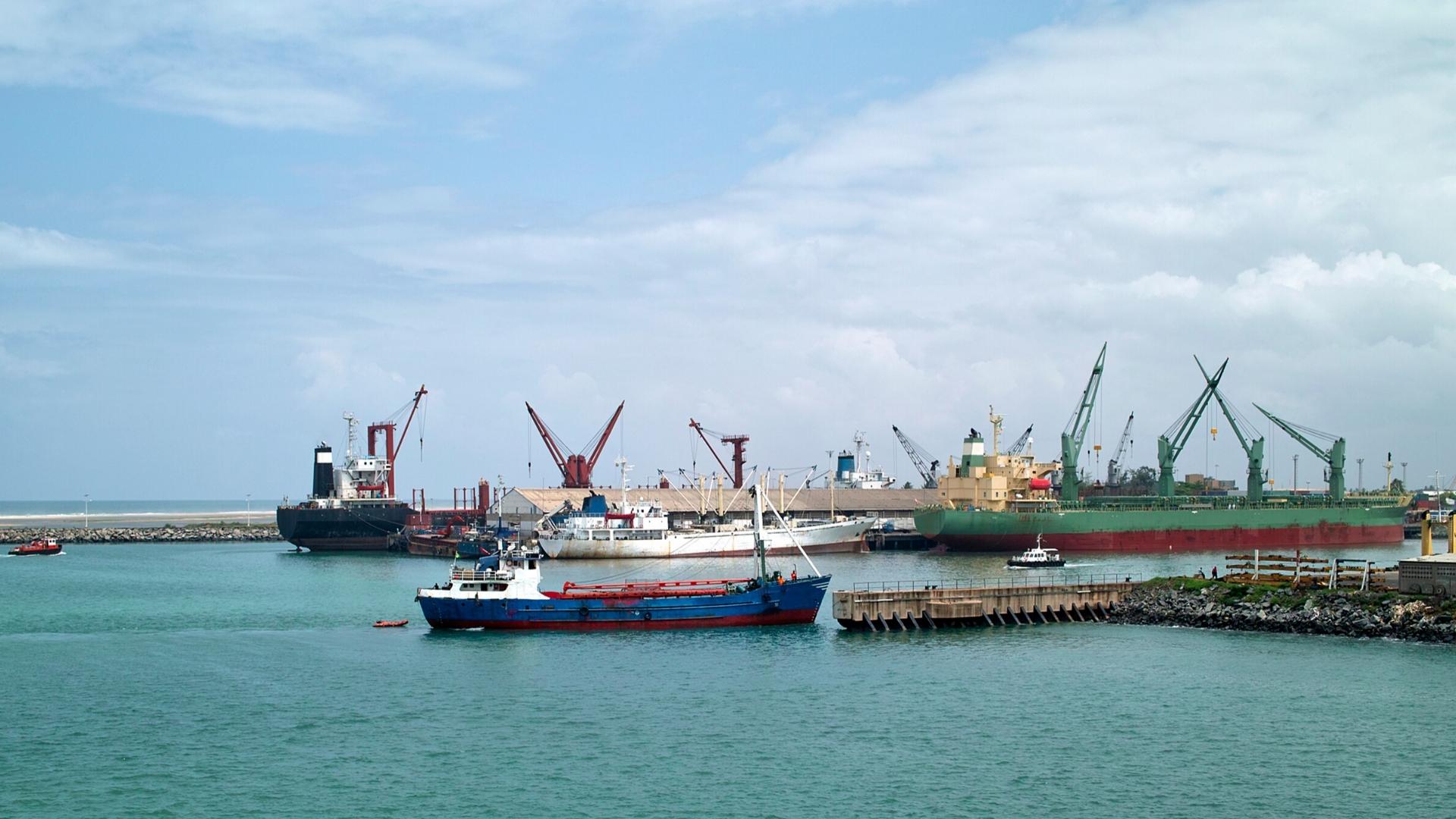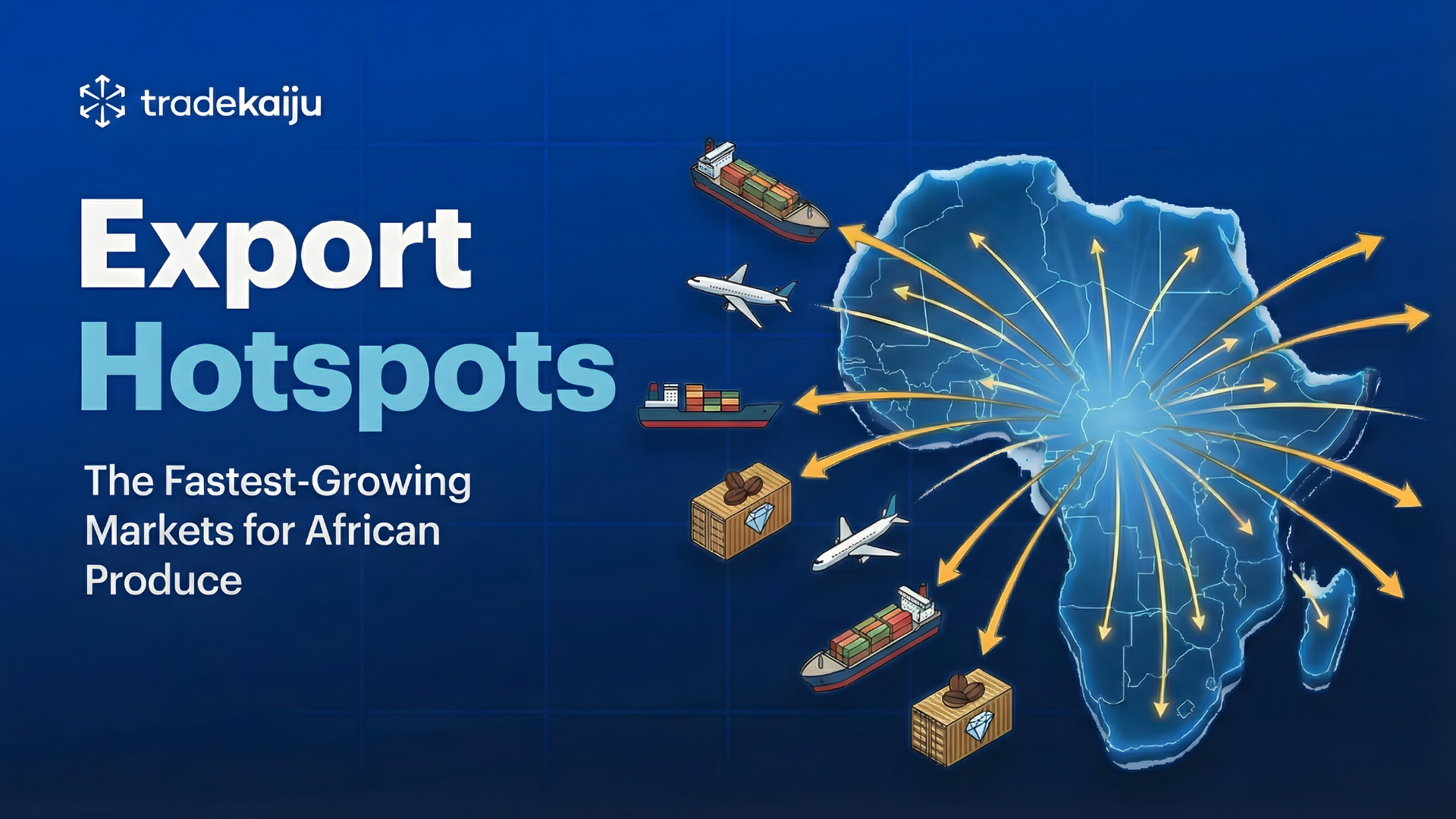What the African Continental Free Trade Agreement Means for the region's economy and its SMEs
Date Posted: 2020-06-28 21:27:36

Africa had a positive trade balance of $50 Billion in net exports at the end of 2018 with only 10% of trade reported to occur within the African continent. However, trade within the continent is expected to take a huge boost with the launch of the AfCFTA. Below are the top implications for Africa of the AfCFTA:
3. Protection from fluctuating global market conditions
As it stands, businesses face higher costs when they trade within Africa than outside of the continent. This is a result of high tariffs, NTBs and insufficient trade-related infrastructure. For centuries, the state of the financial market in developed economies has had an almost automatic crippling effect on the African market as most of Africa's trade has been with markets outside the continent. The AfCFTA is set to provide an alternative market structure and system within Africa where the domino effect of market collapse in the west would not necessarily collapse African markets.
4. Increased Job creation
The potential for the AfCFTA is big for both structural transformation and poverty alleviation in Africa. According to a 2019 report titled “Africas new economic outlook” by the African development Bank, studies show that the trade agreement could increase African trade by 52 percent in 52 percent in two years, resulting in an increase in manufacturing exports. Right now, on average, manufacturing only represents about 10 percent of total GDP in Africa.
The trade agreement would reduce the gap by increasing the growth of the manufacturing sector and its value added given the AfCFTA’s market size of 1.2 billion people and over $3.4 trillion cumulative GDP.
Considering that industry represents one quarter to one third of total job creation in other regions of the world according to the 2018 Global industry report by KPMG, Industrial development in Africa will most likely create new job opportunities and contribute to poverty alleviation.
5. Peace and Security
According to a 2018 report by Oxfam titled “Africa’s missing billions”, around $18bn has been lost to insecurity in Africa since 1990.
The emergence of supranational institutions through regional integration, an objective of the Africa free trade deal, will reduce insecurity through improved regional dialogue and the exchange of intelligence and military capabilities.
6. Growth of regional Infrastructure
The rise of intra-continental trade in Africa will reinforce the prioritization of the development of local infrastructure. Regional trading will lead to an increase in the movement of goods and services within the continent, putting a demand on hard infrastructure( roads, ports, railways,corridors) necessary for transportation of goods and services and soft infrastructure(mining,energy) necessary for the production and storage of this goods and services.
The AfCFTA will open up a plethora of growth opportunities for SMEs operating on the continent, and will usher in a new era of regional trade self-sufficiency. This is the time for SMEs to begin to position strategically to convert these opportunities.
Similar Blog Posts

Africa’s agricultural sector is on the rise, and so is global demand for its produce. As the continent continues to bu

Africa isn’t just a participant in the global commodity market, it’s a driver. The continent holds: 30% of the worl

Cashew is one of Africa’s most valuable export crops, yet many people (especially new traders) don’t fully understan